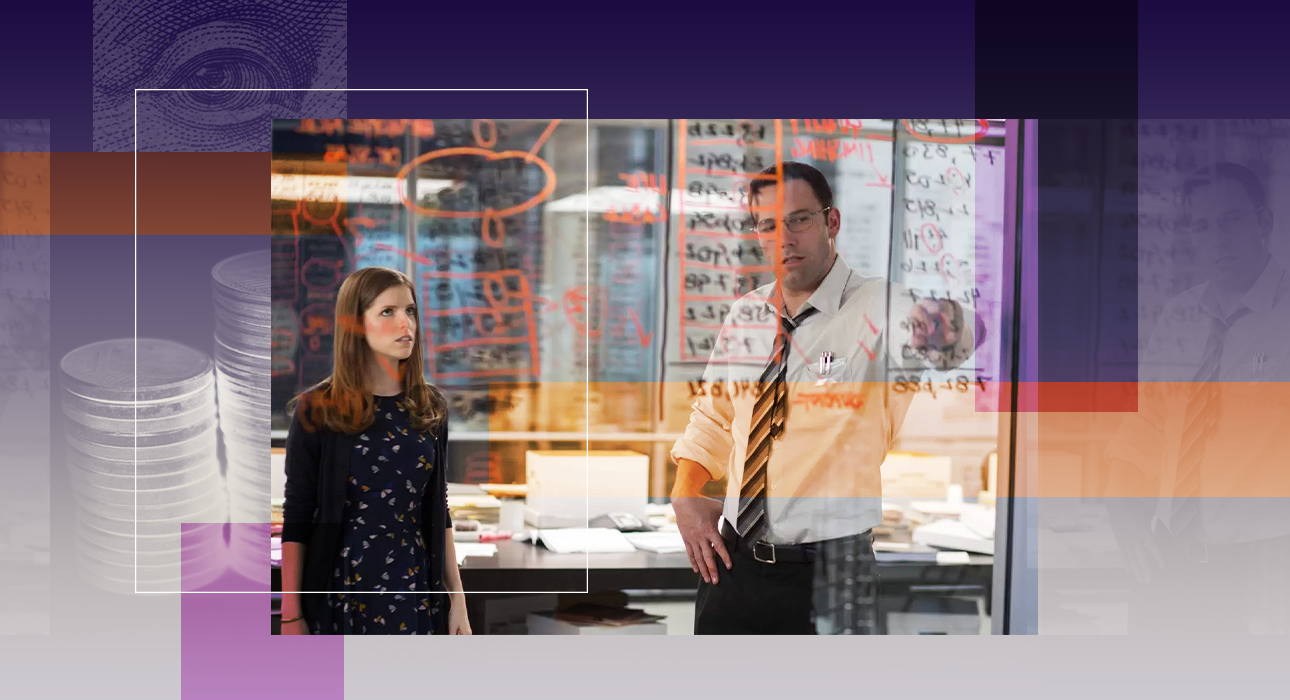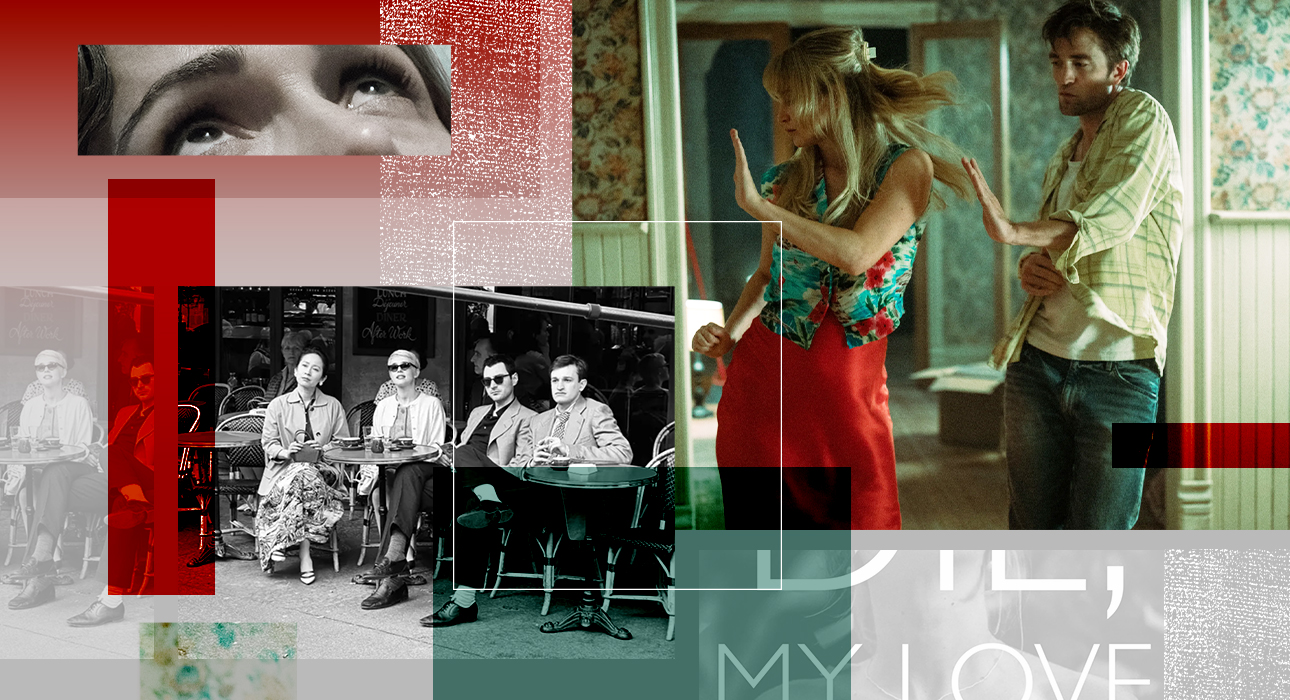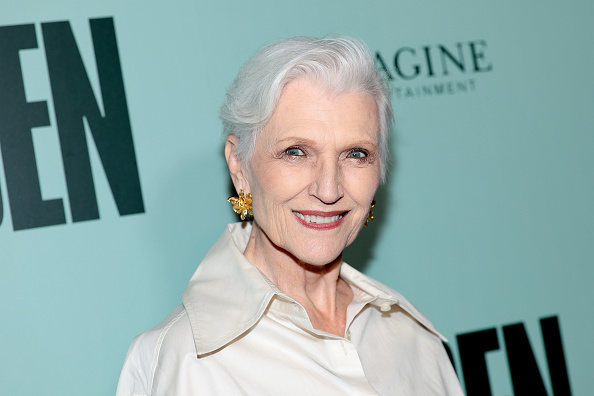How often before buying an expensive item do anxious thoughts begin to wander in your head: “Why do I need this? Maybe now is not the right time… What if I need this money in the future? I’m sure more than once (and if such thoughts have never occurred to you, then congratulations, you’ve won the game!). In fact, there is a line between healthy frugality and irrational stringency. And if in the first case, a common understanding of one’s financial capabilities and the ability to distribute them wisely is at the helm, then in the second there is a banal fear of parting with money.
But every problem has a solution. To find out, we talked with psychologist Elena Yarikova, candidate of psychological sciences, about how such blocks arise and how to deal with them. But first, let’s share a tip on how you can spend money and not feel bad.
All users of the Fast Payment System (FPS) can participate in an interactive promotion – accumulate “Greetings”, that is, receive bonus points for habitual purchases through FPS and exchange them for cashback, discounts, promotional codes and other rewards. For each completed task, you can get several “Hellos” and spend them on rewards of different categories: grocery stores, gas stations, pharmacies, household goods, clothes and shoes or promotional codes for discounts of famous brands and much more. You can learn more about great deals here.

Now let’s face our fears and find a solution to the problem.
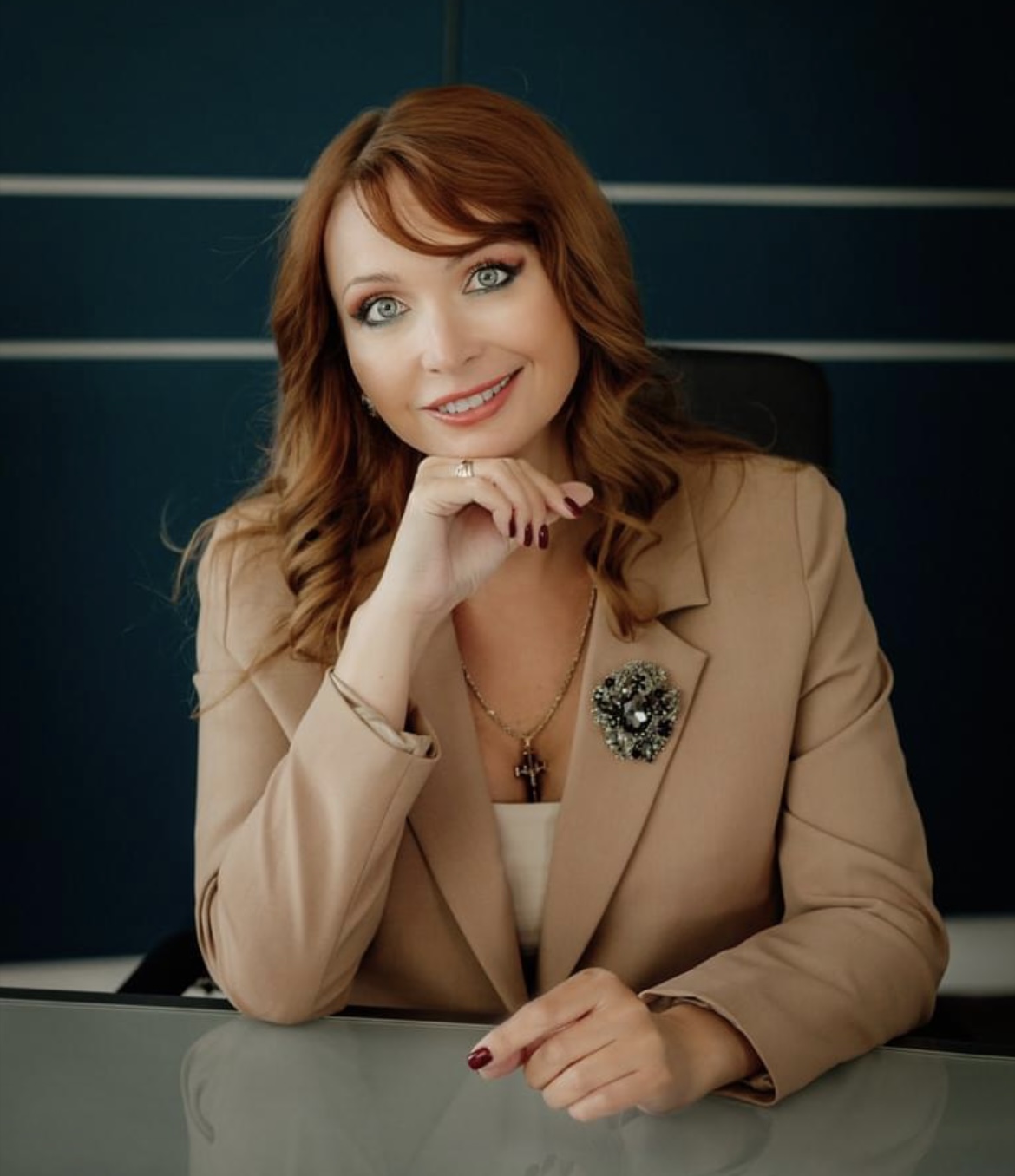
Elena Yarikova, candidate of psychological sciences, psychologist

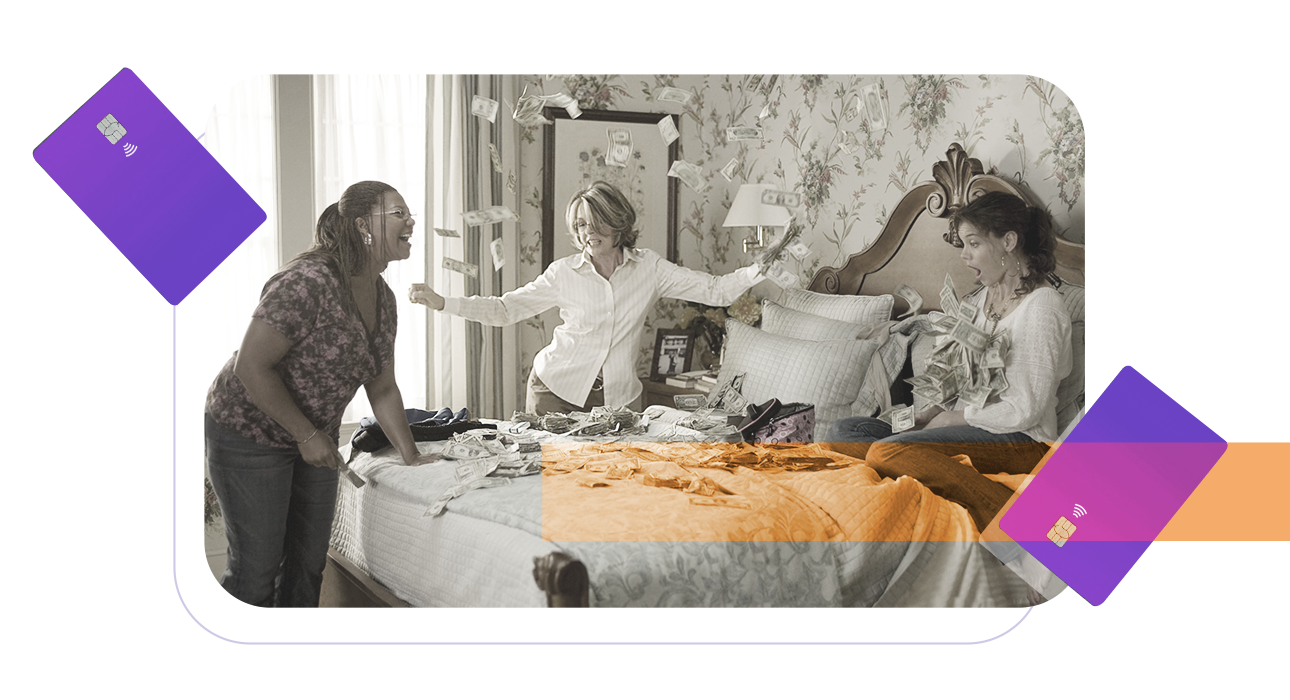
The main cause of fear is attitudes from childhood. Financial literacy as a phenomenon appeared relatively recently, and our parents did not have it. It was not explained to the previous generation how the budget would be allocated and how the income would be spent, so habits and attitudes towards money were formed from the observations of the older generation. They often empathized with their parents because of how difficult it was for them, their need to deprive themselves of something in order to have enough for general needs. Therefore, the idea that financial stability and security are incompatible was clearly formed. Lack of money is bad, and if there is any, this is a temporary phenomenon until difficult times come again.
This pattern marks a person’s relationship with money in adulthood and can manifest itself in different ways. Someone saves a lot on everyday things and services or refuses to buy the right thing, even though he can afford more. Some people constantly recalculate the accumulated amount and continue to save on spending, providing themselves with a sense of stability, while others avoid everything, adhering to the position “I don’t see anything, I don’t hear anything, I won’t say anything.” Because conversations and thoughts about money cause anxiety.
We should not forget external factors such as financial crises that every generation has experienced and continues to experience. The fear of loss overtakes the general sense of stability and forces us to exist in “energy-saving” mode.

Most of the time it’s a matter of self-confidence. If everything is fine with him, then the person takes the attitude: “I want the amount I need and I will earn. And if I suddenly lose my job with my usual income, I will find a new one or a higher-paying one.”
Now let’s compare: “I won’t make more money, I won’t get a better job, which means I need to stock up now for future use.” This attitude indicates unstable self-confidence and self-identification in society and business. By the way, one of the unpleasant consequences of such thinking is the subconscious choice of a low-paying job, because a person initially does not allow the thought of high income, does not make ambitious plans and does not consider himself worthy of a job. high salary.

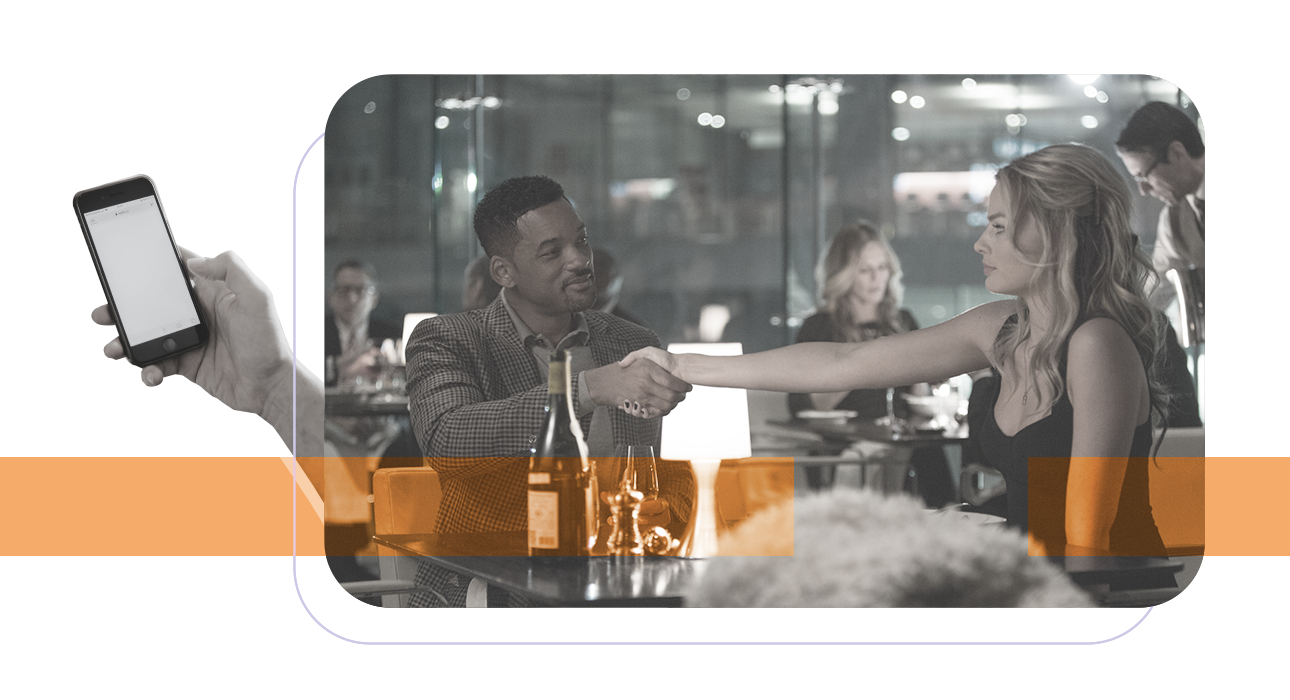
The main reason for the fear of spending is the fear that this money may be needed for more important things in the future. This can be avoided if you start keeping records. When a person does not plan expenses, he loses control over his financial situation and understanding of how much can be spent and what should be postponed for a certain period of time. A plan will help you differentiate between essential and non-essential purchases and give you an idea of how much you can spare for peace of mind.
When you have doubts or guilt before purchasing, ask yourself what exactly is causing the conflict. Track your feelings and ask yourself additional questions. If you objectively understand that an object is necessary and you can afford it, then feel free to buy it and do not worry.
Try to get away from the “bad thought”. Start thinking about “how can I earn more” rather than “how much should you save?” This connects other parts of the brain and activates resources to seek alternative options for additional income or to improve knowledge in an existing area.
Many of the techniques aimed at working with fears in therapy involve meeting fears halfway rather than avoiding them. You can start small and get into the habit of making yourself a specific purchase each month (setting a budget in advance so you don’t lose control of your finances). This step changes your mind that you can afford some purchases and it doesn’t affect your income. Thus, given that the amount is agreed upon according to the monthly income plan, you will begin to part with money more easily and learn to do it wisely.
Advert. JSC “NSPK”, TIN: 7706812159, identification number: 2SDnjeZtfxX
Source: People Talk
Errol Villanueva is an author and lifestyle journalist who writes for The Fashion Vibes. With a passion for exploring the latest trends in fashion, food, travel, and wellness, Errol’s articles are a must-read for anyone interested in living a stylish and fulfilling life.

